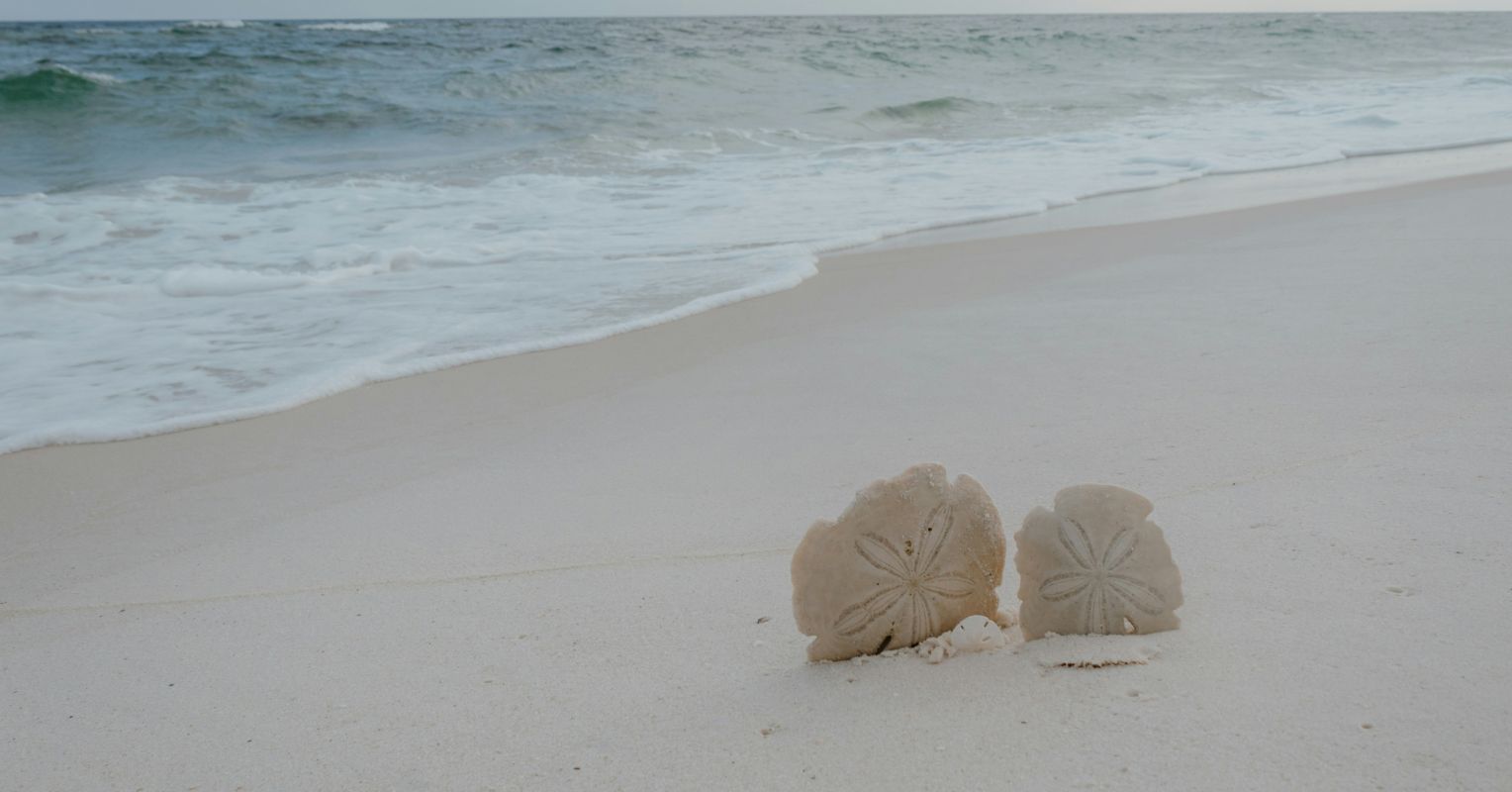
"True recovery requires not just physically stepping away from work, but also mentally detaching from it. Engaging in positive thoughts about work can enhance recovery."
"Research indicates that vacations can enhance mood, health, and reduce exhaustion. However, the benefits are often short-lived, fading within two to four weeks post-return."
"An effective vacation mixes relaxation and mastery experiences. Combining restful activities with engaging ones leads to a more fulfilling and restorative time away."
"Quality of the break matters more than its length. A short, well-structured vacation can be more rejuvenating than a longer passive one."
Effective vacations involve genuine mental detachment from work and a combination of rest and engaging activities. Research demonstrates that vacations can improve mood and health but note that benefits are temporary, lasting only two to four weeks after returning. High-quality breaks prioritize psychological relaxation and mastery experiences. Vacations are most fulfilling when they blend active joy with restful recovery, which can recharge individuals more profoundly than extended periods of passive relaxation.
Read at Psychology Today
Unable to calculate read time
Collection
[
|
...
]